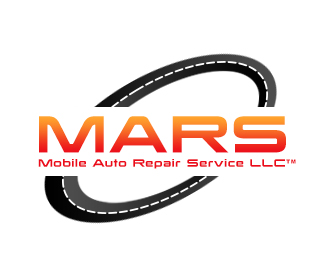Drive more efficiently
- Use overdrive gears. Overdrive gears improve the fuel economy of your car during highway driving. Your car’s engine speed decreases when you use overdrive. This reduces both fuel consumption and engine wear.
- Use cruise control. Using cruise control on highway trips can help you maintain a constant speed and, in most cases, reduce your fuel consumption.
- Anticipate driving situations. If you anticipate traffic conditions and don’t tailgate, you can avoid unnecessary braking and acceleration, and improve your fuel economy by 5 to 10 percent. In city driving, nearly 50 percent of the energy needed to power your car goes to acceleration. Go easy on the gas pedal and brakes. “Jack-rabbit” starts and sudden stops are wasteful.
- Avoid unnecessary idling. Turn off the engine if you anticipate a lengthy wait. No matter how efficient your car is, unnecessary idling wastes fuel, costs you money and pollutes the air.
- Combine errands. Several short trips taken from a cold start can use twice as much fuel as one trip covering the same distance when the engine is warm.
- Remove excess weight from the trunk. Avoid carrying unneeded items, especially heavy ones. An extra 100 pounds in the trunk reduces a typical car’s fuel economy by one to two percent.
Maintain your car
- Keep your engine tuned. Studies have shown that a poorly tuned engine can increase fuel consumption by as much as 10 to 20 percent depending on a car’s condition. Follow the recommended maintenance schedule in your owner’s manual; you’ll save fuel and your car will run better and last longer.
- Keep your tires properly inflated and aligned. Inflate to PSI (pounds per square inch) listed on the tire. If there is a range, use the higher number to maximize your fuel efficiency. Underinflated tires cause fuel consumption to increase by six percent.
- Change your oil. Clean oil reduces wear caused by friction between moving parts and removes harmful substances from the engine. Change your oil as recommended by the vehicle manufacturer.
- Check and replace air filters regularly. Your car’s air filter keeps impurities in the air from damaging internal engine components. Not only will replacing a dirty air filter improve your fuel economy, it also will protect your engine. Clogged filters can cause up to a 10 percent increase in fuel consumption.
